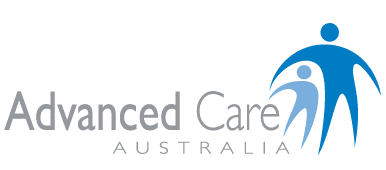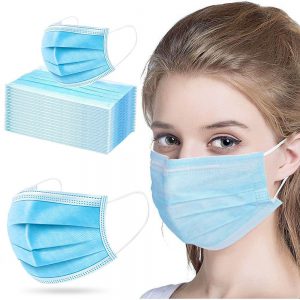PPE Is the buzzword, particularly as we navigate our way through/ around the Covid19 pandemic. But what is all the hype about PPE and can it really prevent us from spreading Covid19 or any other infection or virus?
PPE stands for Personal Protective Equipment and incorporates a range of protective clothing and devices typically worn by health care staff in the hospital and community setting. The purpose is to protect the individual from injury or infection.
In a health setting, PPE includes :
- Gloves
- Face masks and/or face shields
- Protective eyeglasses
- Gowns/aprons
- Shoe coverings
- Full body suit coverings
PPE is all about protecting the person, and while it does minimize the risk of infections being passed from person to person – it's not an iron-clad solution. Not all of the above items may be necessary at the one time, this depends on the circumstances.
So it's easy – we just make sure we have our PPE and problem solved – but beware
For PPE to be effective it MUST be used properly and it MUST be used with other infection control practices such as :
- Regular handwashing using the correct technique with soap and warm water. This also includes the correct drying technique
- Use of alcohol-based hand sanitizers between handwashing – NOT as a replacement for handwashing.
- Covering coughs and sneezes
- Good personal hygiene
ALL these infection control practices used together are the best way to minimize the risk of infection being passed from one person to another.
It is vital that each step is done correctly – and this is where things may come undone, and the chain of protection provided by all the measures combined – breaks down.
Some of the areas that will leave people at risk could be :
- Washing hands for less than the required time – 20 seconds
- Not washing all surfaces on your hands
- Not removing rings, bracelets, false nails – all a perfect breeding ground for infection
- Not handwashing frequently enough
- Not wearing gloves and/or not washing hands after gloves are removed
- Not applying or removing a face mask in the correct way – to avoid possible contamination
- Not covering cough/sneezes effectively and washing hands immediately after
This is why effective and frequent education on all of the infection control practices is vital, particularly in our current Covid19 environment.
Advanced Care provides education to staff on :
- Infection control practices – why they are important
- Handwashing technique
- How PPE is applied (put on and removed)
- Covid19 specific training – highlighting the importance of PPE and when it is appropriate to wear it.
Our training also ensures that staff have understood and retained what they have learnt – through ongoing prompts to recall information that they have learnt.
It is up to every individual to understand, and practice good infection control – its everyone playing their part that minimizes the risk as much as possible.

